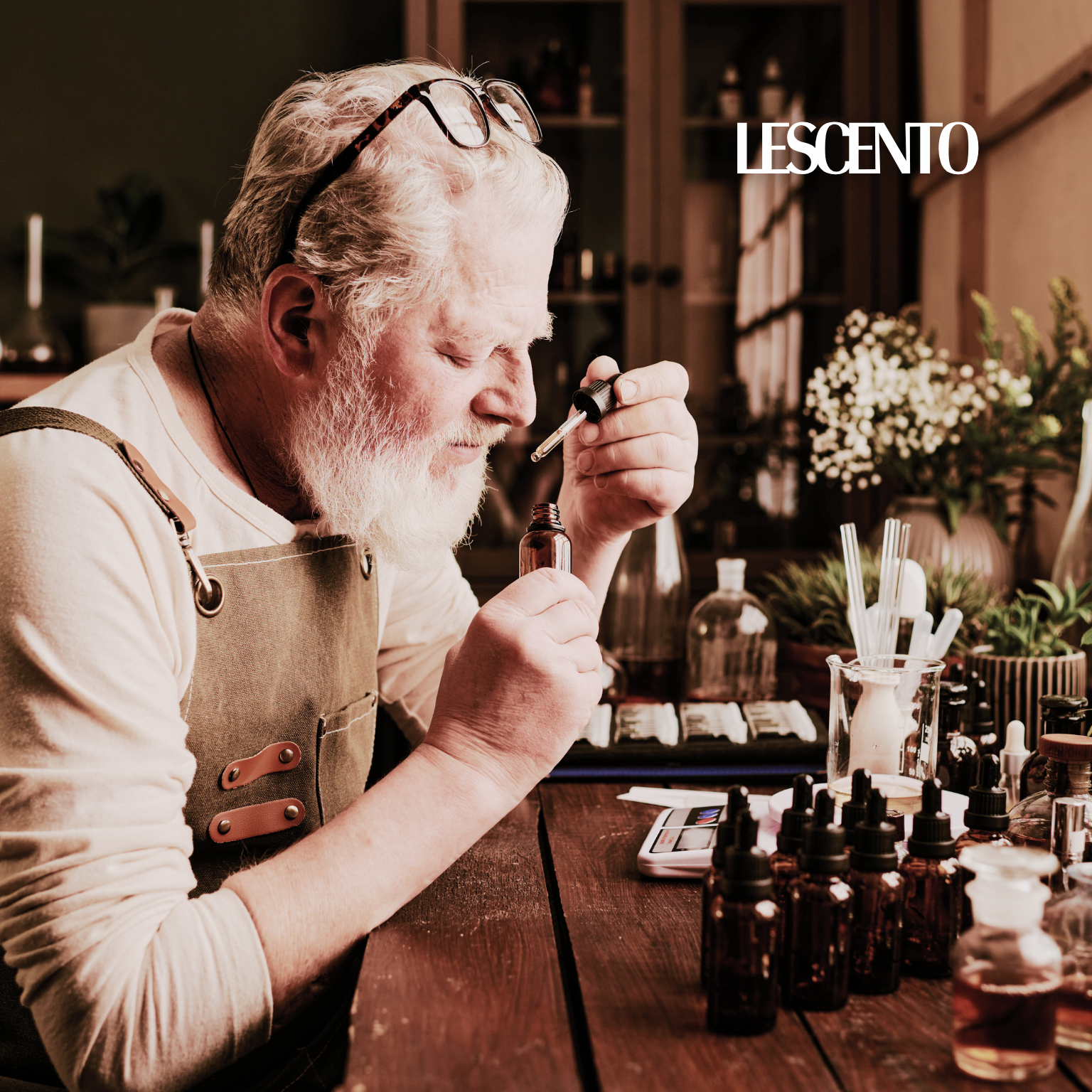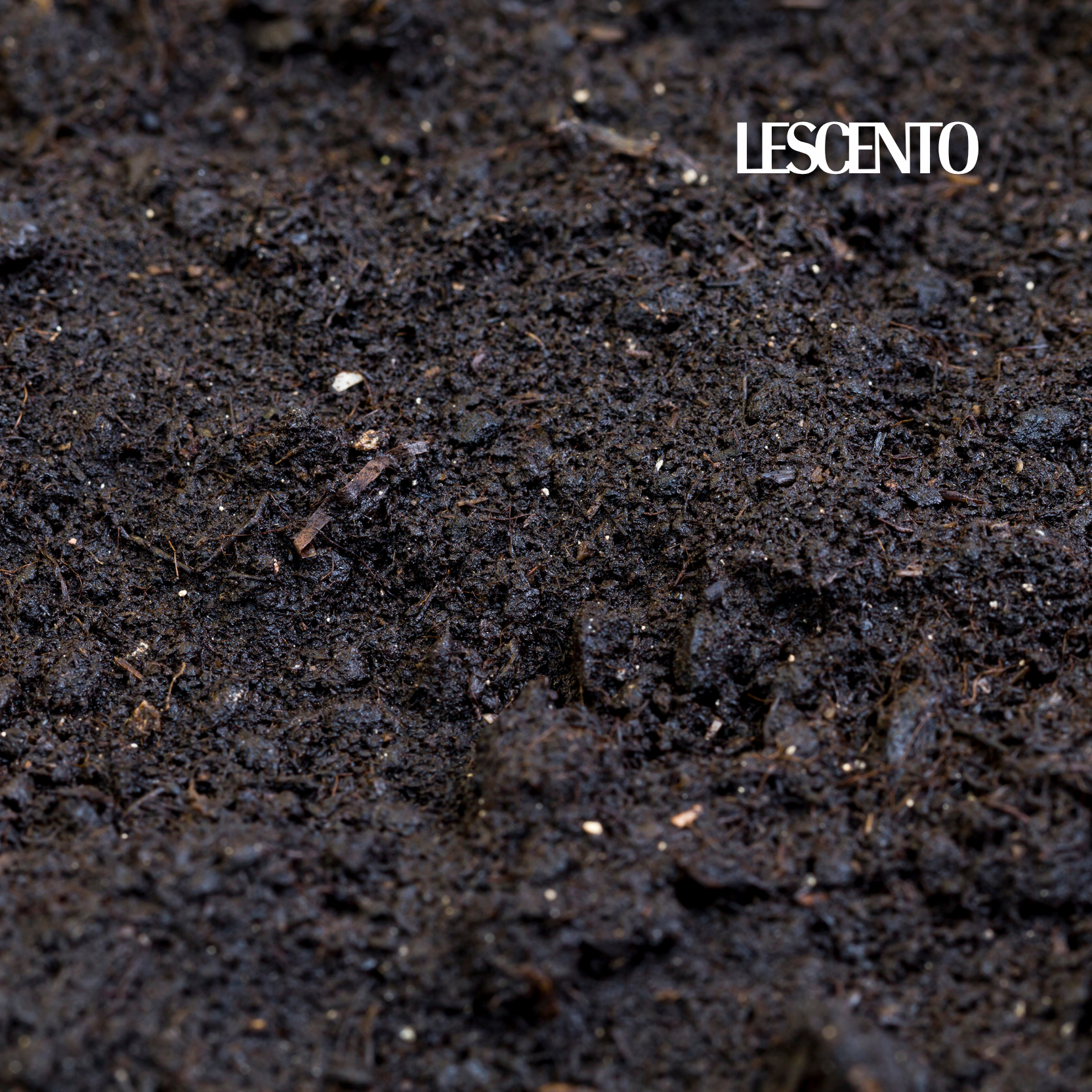
What If the Best Fragrance Isn’t on the Shelf? Discover Why More People Are Leaving Mass-Market Perfumes Behind
For decades, Europe has been the heartland of niche perfumery. In countries like France, Italy, and the UK, independent fragrance houses with a devotion to craftsmanship and artistry have long thrived. Europe cultivated a culture where scent was more than just an accessory, it was a personal signature, a reflection of character, taste, and individuality.
But across the Atlantic, in countries like Canada and the United States, the conversation around fragrance is only just beginning to shift. For years, the North American market was dominated by designer labels and celebrity-endorsed perfumes, convenient, mass-produced, and often indistinguishable from one another. Today, that tide is turning, and fast.
The Quiet Revolution of Scent
According to a 2023 report by Statista, global sales of niche fragrances have grown over 15% year-over-year, with Europe still leading in both consumption and creation. However, North America, particularly in cities like New York, Los Angeles, Toronto, and Montreal, has seen a sharp increase in consumer awareness, independent fragrance makers, and boutique retail spaces dedicated to artisanal scent.
What’s driving this movement?
1. A Demand for Uniqueness
Mass-market fragrances are built for scale. They are formulated to appeal to the widest possible audience, which often means familiar notes, predictable structures, and minimal risk. For many consumers, especially those who have developed a more refined nose, these fragrances begin to blur together. The result is an increasing desire for something different, something personal. Niche fragrances fulfill that desire. These creations dare to explore unconventional notes like cumin, clay, wet earth, ink, or smoke. They evoke imagery and emotion: a rainy street in autumn, sun-warmed skin after a swim, the paper in an old library. They surprise the wearer and everyone around them.
2. Transparency and Ingredient Integrity
A growing number of niche fragrance houses are prioritizing quality and purity over mass appeal, focusing on ingredients that offer both depth and refinement. Rather than relying heavily on overpowering synthetics, these brands tend to blend high-quality naturals, like Bulgarian rose absolute, Haitian vetiver, Italian bergamot, and Madagascar vanilla with carefully selected aroma molecules that support structure and longevity. The goal isn't to overwhelm but to create nuanced, skin-friendly compositions that unfold gradually and feel authentic. One Canadian example, LESCENTO, reflects this movement through thoughtful formulations that elevate both the materials and the experience. This renewed focus on ingredient integrity is a key reason why niche perfumery continues to gain the trust of discerning fragrance lovers.
With the clean beauty movement influencing skincare and cosmetics, the same standards are now being applied to fragrance. Many mass-produced perfumes use cost-effective synthetic fillers and stabilizers that, while legal, may cause skin sensitivities or feel overly sharp. In contrast, niche perfumers often prioritize high-quality, responsibly sourced ingredients: natural essential oils, plant-based absolutes, and fine aroma molecules chosen for their balance and performance. More consumers are now reading labels, researching ingredients, and choosing fragrance with the same discernment they apply to other aspects of wellness and self-care.
3. Fragrance as Identity, Not Fashion
Niche perfumery aligns with a broader cultural trend toward personalization. In an age where algorithms dictate so much of what we consume, people crave control over how they express themselves. Fragrance is one of the most intimate forms of self-expression. Unlike mass-market scents that are instantly recognizable, niche fragrances offer something less obvious but more impactful, a scent that tells your story, not the story of a brand campaign. This is particularly resonant among millennials and Gen Z consumers who value individuality, authenticity, and depth.
4. Independent North American Perfumers Are Rising
A new generation of independent perfumers is reshaping the olfactive landscape in North America. Working outside the constraints of corporate marketing departments, these creators are blending tradition with innovation. Many operate small-batch labs, allowing for full creative freedom, superior quality control, and the ability to respond directly to their customers. Their fragrances often carry a personal narrative, cultural reference, or conceptual theme, transforming perfume into a form of storytelling.
5. Social Media and the Renaissance of the Scent Community
The digital space has given voice to a global fragrance community that is passionate, informed, and deeply engaged. Platforms like Instagram, TikTok, and YouTube have become hubs for fragrance education and discovery. Content creators describe scents using metaphors, memories, and emotions rather than brand slogans. This way of connecting with fragrance appeals to people who aren’t just buying a product, they’re seeking a sensory experience. As the online conversation around niche perfumery grows, so does the appetite for something more refined and meaningful.
What This Means for the Future
The niche fragrance movement in North America is still in its early stages, but it shows no sign of slowing down. More consumers are stepping away from predictable scents in search of something with texture, story, and soul. As the market evolves, we can expect to see continued growth in artisanal perfumery, increased demand for ingredient transparency, and a shift in how fragrance is marketed, not as a fashion accessory, but as a personal ritual.
In a world saturated with sameness, choosing to smell different is no longer niche, it’s necessary.


